
About the Book

Book: The Medallion
Author: Cathy Gohlke
Genre: Historical Fiction (World War II)
Release date: June 4, 2019
For fans of bestselling World War II fiction like Sarah’s Key and The Nightingale comes an illuminating tale of courage, sacrifice, and survival, about two couples whose lives are ravaged by Hitler’s mad war yet eventually redeemed through the fate of one little girl.
Click HERE to purchase your copy.
About the Author
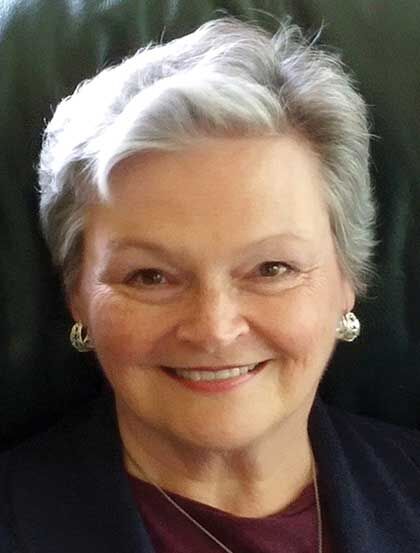
Three-time Christy and two-time Carol and INSPY Award–winning and bestselling author Cathy Gohlke writes novels steeped with inspirational lessons, speaking of world and life events through the lens of history. She champions the battle against oppression, celebrating the freedom found only in Christ. Cathy has worked as a school librarian, drama director, and director of children’s and education ministries. When not traveling to historic sites for research, she, her husband, and their dog, Reilly, divide their time between northern Virginia and the Jersey Shore, enjoying time with their grown children and grandchildren. Visit her website at www.cathygohlke.com and find her on Facebook at CathyGohlkeBooks.
More from Cathy
Every story begins with a journey. Sharing that journey is twice the joy.
My Review
This is one of the most difficult books that I have ever read. In all honesty, were it not for the fact that I was reading it for review, I would have set it aside or at least read it in small portions. I took English classes focused on the Holocaust during college and have read a fair amount of literature from and about that time period. However, Cathy Gohlke’s “The Medallion” really struck a nerve. It took me a while to adjust to the alternating viewpoints of the chapters, which eventually converge, because from the very beginning I fell headlong into the harrowing world Gohlke describes and had to reset my mind when the characters changed with the next chapter so that I did not confuse one storyline with the other. Several of the characters in the story are real historical figures, and some of the plotline is inspired by true events. That, coupled with the focus on relationships and hardships both during and after WWII, truly tore at my heartstrings.
Be forewarned: this is not a light, happily-ever-after read. The devastation and horror are compounded by the realization that they are historically accurate. This story raises many tough questions, some of which are addressed in the discussion questions provided at the end of the book. “The Medallion” takes readers from the early days of the war to its aftermath, and the journey is heartbreaking. Sophie Kumiega is not Jewish but encounters the dangers and desolation wrought by the German occupation of Poland, leading her to work for the underground and to take over care of a Jewish toddler, Ania. Through Rosa and Itzhak Dunovich, Ania’s parents, readers witness life in the Warsaw ghetto and what comes after.
Unlike many Holocaust narratives, “The Medallion” does not take place in a concentration camp, save for a brief scene. Learning about the work of the underground and those working within that network to save lives sheds light on the heroics of those who challenged the Nazi agenda. Just as compelling is part two, which takes place after the war ends. It is an important reminder of how unsettled and dangerous the world still was for the refugees. Post-traumatic stress plays a role as well, and I was glad that the author included this because it was doubtless a struggle for all of the survivors, including those who were not Jewish, and obviously the struggle did not end when peace was declared. The fate of the children aided through the underground network and what it meant for their future becomes a key element in the second section.
Although “The Medallion” is heartrending and sobering, I would still recommend it, especially for anyone who is not familiar with the impact of the German occupation of Poland during WWII. The faith element offers both a refuge in the midst of the tragedy and the hope of redemption. One thing that opened my eyes was that the Jewish aversion to Jesus resulted in part because the German oppressors claimed to be Christians. Still, faith in God guides the characters, Jewish and Gentile alike, throughout the trials of war and its reverberations, and it is the same faith that is available to each and every one of us today. This is one of the main messages of the story, that true faith means taking action and putting others before oneself, hopefully causing onlookers to question their unbelief.
I received a complimentary copy of this book through CelebrateLit and was not required to post a favorable review. All opinions are my own.
Blog Stops
Book Bites, Bee Stings, & Butterfly Kisses, June 22
Christian Bookaholic, June 22
Carla Loves To Read, June 22
The Power of Words, June 23
Where Crisis & Christ Collide, June 23
Mary Hake, June 23
janicesbookreviews, June 23
Where Faith and Books Meet, June 24
By The Book, June 24
For Him and My Family, June 24
A Reader’s Brain, June 24
All-of-a-kind Mom, June 25
Through the Fire Blogs, June 25
Retrospective Spines, June 25
Inklings and notions, June 25
Remembrancy, June 26
Lis Loves Reading , June 26
The Becca Files, June 26
Genesis 5020, June 27
Reader’s Cozy Corner, June 27
Connect in Fiction, June 27
Bigreadersite, June 28
Maureen’s Musings, June 28
Abba’s Prayer Warrior Princess, June 28
Blossoms and Blessings, June 29
For the Love of Literature, June 29
Spoken from the Heart, June 29
Inspired by fiction, June 30
Have A Wonderful Day, June 30
Truth and Grace Homeschool Academy, June 30
Inspiration Clothesline, July 1
Connie’s History Classroom, July 1
Simple Harvest Reads, July 1 (Guest Post from Mindy Houng)
Just the Write Escape, July 2
Seasons of Opportunities, July 2
Pause for Tales, July 2
As He Leads is Joy, July 3
To Everything A Season, July 3
Hallie Reads, July 3
A Good Book and Cup of Tea, July 4
Locks, Hooks and Books, July 4
For The Love of Books, July 4
Emily Yager, July 5
Debbie’s Dusty Deliberations, July 5
Texas Book-aholic, July 5
Giveaway


 Log in with Facebook
Log in with Facebook 

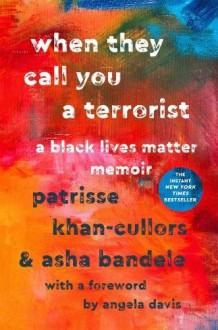
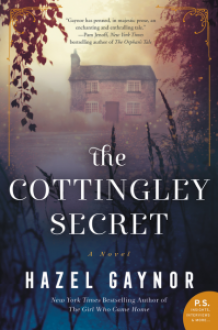
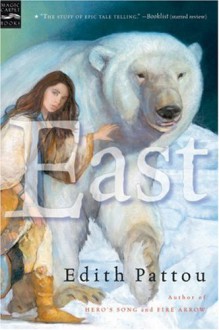


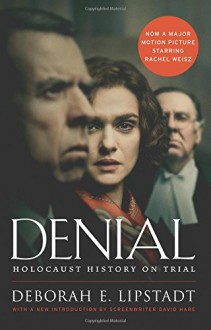
 The Butterfly is fictional account of two young girls, Sevrine and Monique, during the Holocaust whose friendship came out of childhood curiosity and kindness. Monique's mother hid Sevrine and her family from the tall boots, the Nazi's, in order to help them escape the turmoil impacting their village. One night Sevrine and Monique were spotted by a neighbor leading to Sevrine's family immediately fleeing the country. Although Sevrine and Monique were afraid of losing one another, they remained hopeful in the darkest of times.I would use use this book during a Social Studies unit about the Holocaust. It would integrate nicely with an English Language Arts creative writing assignment. Students could write letters from the perspectives of Sevrine and Monique to one another. The LEXILE reading level is 430L.
The Butterfly is fictional account of two young girls, Sevrine and Monique, during the Holocaust whose friendship came out of childhood curiosity and kindness. Monique's mother hid Sevrine and her family from the tall boots, the Nazi's, in order to help them escape the turmoil impacting their village. One night Sevrine and Monique were spotted by a neighbor leading to Sevrine's family immediately fleeing the country. Although Sevrine and Monique were afraid of losing one another, they remained hopeful in the darkest of times.I would use use this book during a Social Studies unit about the Holocaust. It would integrate nicely with an English Language Arts creative writing assignment. Students could write letters from the perspectives of Sevrine and Monique to one another. The LEXILE reading level is 430L.





